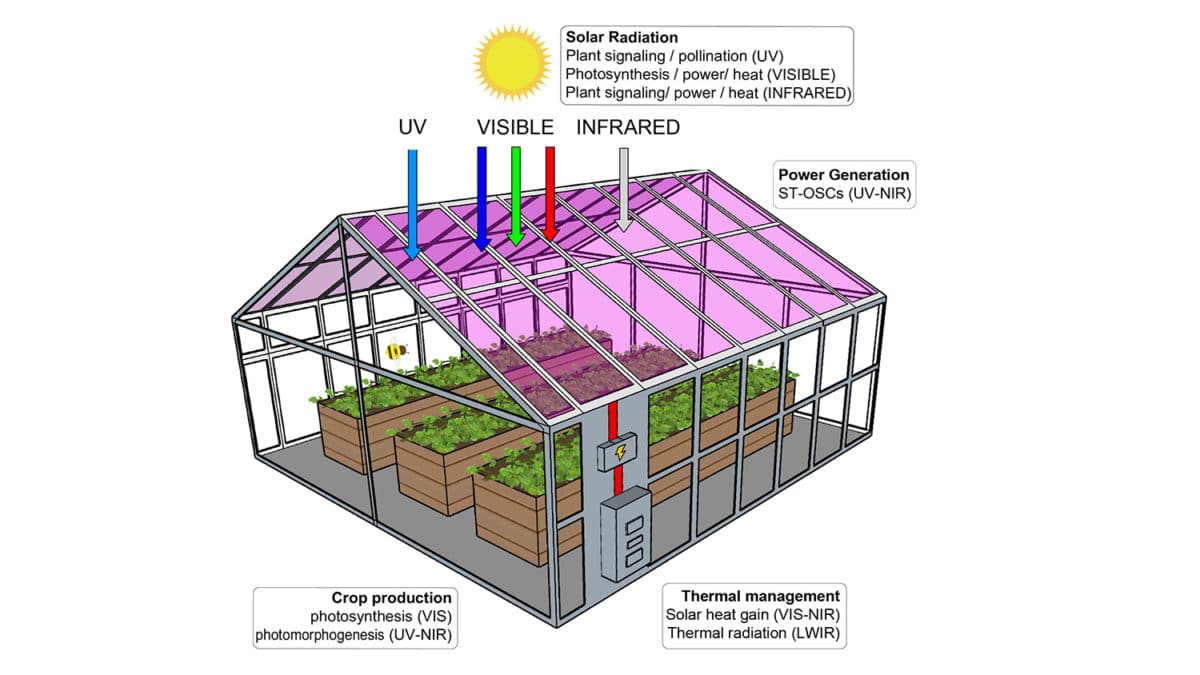Solar Powered Greenhouse | A Green Alternative To Conventional Greenhouses
The concept of a solar-powered greenhouse has gained significant attention in recent years, as individuals and businesses alike seek greener alternatives to conventional methods of food production. With the growing concerns about climate change and the need for sustainable solutions, solar-powered greenhouses offer a promising way to minimize environmental impact while maximizing crop yields.
Introduction
In this article, we will explore the concept of solar-powered greenhouses and their benefits as a green alternative to conventional methods. We will delve into the technology behind these innovative structures and discuss their potential to revolutionize the agricultural industry.
Harnessing Solar Energy for Sustainable Food Production
Solar-powered greenhouses utilize photovoltaic (PV) panels to harness solar energy and convert it into electricity. This renewable energy source powers various components within the greenhouse, such as ventilation systems, heating devices, and lighting fixtures. By relying on solar power, these greenhouses reduce their dependence on fossil fuels, making them an environmentally friendly option.
Maximizing Energy Efficiency
One of the key advantages of solar-powered greenhouses is their high energy efficiency. The PV panels efficiently capture solar radiation, and the excess energy generated can be stored in batteries for later use. This stored energy can be utilized during periods of low sunlight or at night, ensuring a consistent and uninterrupted energy supply for the greenhouse.

Creating an Ideal Growing Environment
Solar-powered greenhouses provide precise control over environmental factors, creating an optimal growing environment for plants. The use of advanced technologies, such as automated shade systems, temperature sensors, and irrigation systems, allows growers to maintain ideal conditions for different crops. This level of control minimizes water usage, reduces the need for chemical interventions, and promotes healthier plant growth.
Environmental Benefits
By adopting solar-powered greenhouses, we can significantly reduce greenhouse gas emissions associated with traditional agriculture. These greenhouses eliminate the need for fossil fuel-based energy sources, resulting in a substantial decrease in carbon dioxide and other harmful emissions. Additionally, solar-powered greenhouses can contribute to water conservation efforts through efficient irrigation systems and reduced water waste.
Conclusion

Solar-powered greenhouses offer a sustainable and environmentally friendly solution to conventional food production methods. By harnessing solar energy, maximizing energy efficiency, and creating ideal growing conditions, these innovative structures pave the way for a greener future in agriculture. As the demand for sustainable practices continues to grow, solar-powered greenhouses hold immense potential in ensuring a more resilient and eco-friendly food supply.
FAQs:
How much power will you need?
In terms of how much power you need, it depends on the size of your greenhouse and what kind of technology you are using. The estimate for a small (2×4) solar powered greenhouse is about 8 kWh per day.
How do you heat a greenhouse with solar panels?
The use of thermal mass in greenhouses, such as water-filled barrels or concrete blocks, can be used to create a greenhouse effect. This is one method for heating a solar powered greenhouse, as the thermal mass will absorb heat from sunlight when it’s in full sun and release that heat at night or on cloudy days.
How many solar panels do you need to heat a greenhouse?
It depends on the size of your greenhouse and how much sunlight hits that area. If it is sunny, we recommend approximately 12-20 solar panels for a small greenhouse and about 25-40 solar panels for a larger one.
The cost of the required number of solar panels depends on how much electricity it generates, your budget, and the type of solar panels you choose. We recommend using mono-crystalline or poly-crystalline panels, especially if your greenhouse is in a remote area where sunlight is limited.
